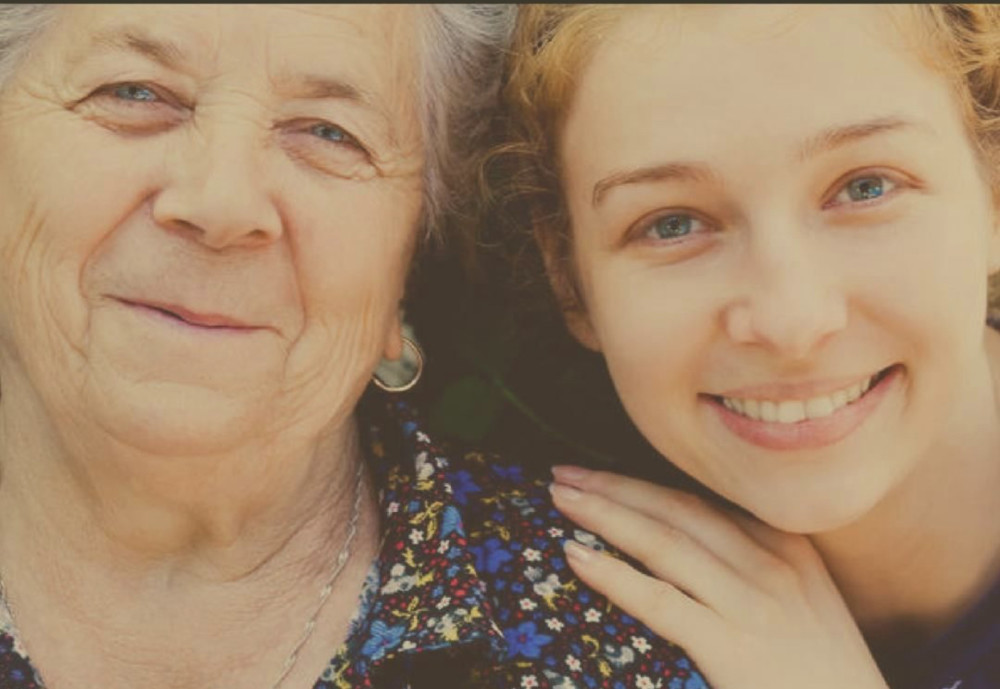By Colleen Schrappen
St. Louis Post-Dispatch
WWR Article Summary (tl;dr) Empty nesters and millenials are living together as a part of “Odd Couples Housing”, a startup that matches seniors who have rooms to spare with younger adults, often students, looking for inexpensive housing.
Wenztville
When her husband died in a car accident, Karen Krienke, 65, found herself unexpectedly alone. Her home in Wentzville — once crowded with children — felt big and empty. Moreover, a bad back was slowing her down.
Her daughter worried. “She’s so social,” said Jane Krienke, who lives in Washington, D.C. “I didn’t want her to be by herself.”
Then, this summer, she found a St. Louis startup that matches older adults who have room to spare with millennials — often graduate students — who need a reasonably priced place to live.
Odd Couples Housing, which made its first match in late 2018, taps into a market driven by unprecedented growth in the over-65 population, baby boomers who want to remain in their homes but may be cash-strapped or could use help with household chores.
So far, the company has made about 20 matches; it hopes to increase that tenfold by the end of this year.
Similar services have popped up, largely in high-priced cities, from San Diego to Boston. The National Shared Housing Resource Center lists more than three dozen cross-generational homeshare organizations in the U.S., most of which are operated by nonprofits or government agencies.
“Affordable housing can be the make or break,” said Betsy Werley, executive director of the Encore Network, a San Francisco nonprofit that provides resources on aging and intergenerational connections. “But friendship and companionship is a piece of it.”
Initially, Odd Couples founder John Levis envisioned a “Golden Girls” scenario, with older singles sharing expenses and space. Levis, a former investment banker, had witnessed the benefits for his mother-in-law when she moved in with her sister. He took the idea to graduate students at Washington University’s Olin School of Business to study its viability.
That’s when “The Golden Girls” got a plot twist.
If two seniors move in together and it doesn’t work out, one will be displaced. But millennials are “highly portable,” the researchers told him. And many are swimming in college debt.
The hub of universities in St. Louis — and, particularly, their contingent of international students — makes the city well-suited to such efforts, said Levis.
“Once we saw that this was a need, we decided to build the company around it,” he said.
He enlisted Brian Carpenter, a professor in Washington U.’s department of psychological and brain sciences, to draft compatibility questions for potential matches.
Carpenter’s students developed a set of about 40, starting with the deal-breakers, like whether smoking is acceptable or which neighborhoods are feasible.
“Then we move on to things that are more preferences than rules,” he said. How warm do you like to keep the house? Are you an early bird or a night owl?
And finally, personality types: Outgoing or introverted? Optimist or pessimist?
Carpenter’s students created an algorithm that calculates a “match score,” not unlike the formulas dating apps use. As more applications are submitted, the scores will become better predictors, he said.
“We never expect questions to be perfect,” he said. “It’s a shorthand.”
Karen Krienke’s new housemate moved in this month.
Megan Mattox, a transfer student at Logan University, was sent six potential matches within three weeks of filling out the Odd Couples questionnaire last fall. After talking with Krienke over the phone, Mattox, 33, drove from Iowa for a visit.
While she was here, she raked Krienke’s leaves, and the two women agreed on the responsibilities Mattox would take on: bringing in the mail, taking out the trash. They plan to share a couple of meals a week.
“It will be nice to have a little company,” Krienke said.
Mattox declined to say how much she was paying Krienke, but said it was about a quarter of what a nearby apartment would cost. Odd Couples suggests an amount based on how much the “seeker” — the younger housemate — will help out, but doesn’t call the payment “rent” because that would trigger a tax liability for the homeowner.
The company also provides a template for the topics to cover before an agreement is signed: daily habits, idiosyncrasies, special needs.
“Each case is different,” said Levis.
He and a partner used their own capital to launch the company. Eventually, he said, homeowners will pay a fee to look for a match. He also thinks the website will draw advertising from companies that target seniors and millennials. Odd Couples, which has four full-time employees, recently added an on-campus recruiter and community outreach coordinator to help drum up interest.
Sally Lorino, 68, the first homeowner to be matched, heard about the program from a neighbor. The retired Webster University dean uses a wheelchair and had two upstairs bedrooms sitting empty in her Crestwood home.
She connected with Nagesh Khanvilkar, a graduate student at Webster University, in November 2018.
buy augmentin generic buy augmentin online no prescription
When that went well, she figured she might as well fill the second bedroom. Khanvilkar’s classmate, Amisha Wankhede, moved in in May.
“University housing was very expensive,” said Wankhede, 24, who is from India.
Wankhede makes lunch and dinner for Lorino, and pays her $150 a month. Khanvilkar, 32, has fewer household responsibilities and pays $240.
But for Wankhede, affordability is just one benefit. Having an older housemate has given her a fresh perspective.
“I was slogging to achieve my master’s degree,” she said. “When I started staying with Sally, I started to enjoy new things and explore new things. She’s very informative.”
__
Distributed by Tribune Content Agency, LLC.














































































































































































































































































































































































